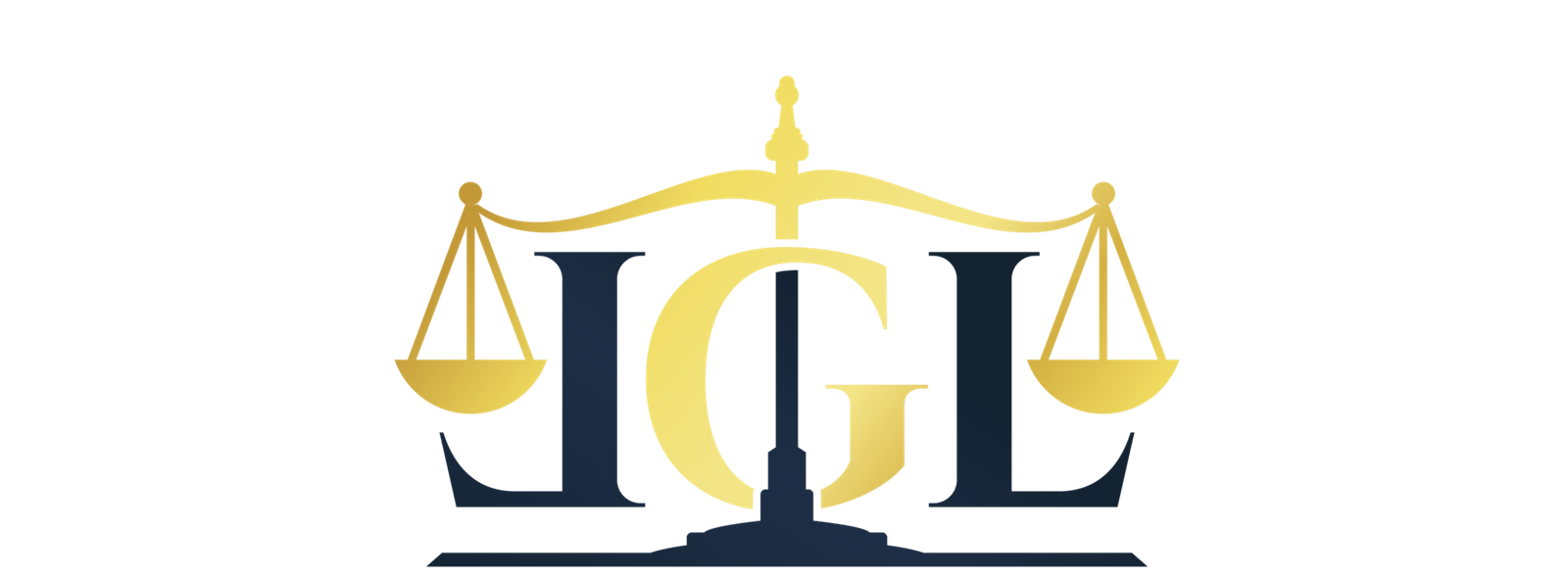Law is a mirror that only mimics what is going on in society. In today’s technological world, people are continuously shifting to digital modes for various activities like shopping, reading, or other leisure activities. In such dynamic times where convenience is of utmost importance, why should the law remain untouched? Why should a dispute resolution mechanism not be a mechanism that will also be on the same platform to which people are used? Being from the same society which has moved on from horses to electric vehicles, Online Dispute Resolution mechanisms will be the modern technique of Dispute Resolution. Technological advancements and innovations have the capacity to transform the legal paradigm on a whole globally.
Online Dispute Resolution (ODR) is the mode of dispute resolution that uses Information and Communication Tools (ICT) to ‘resolve’ disputes. It is not just any form of technology integration (such as electronically scheduling a session), but its active use to help resolve the dispute (such as video conferencing for hearings or electronic document sharing for filing). It can be simply understood as e-ADR. Apart from being cost-effective, convenient, and efficient, it allows for customizable processes to be developed that suit the parties to the dispute and can limit unconscious bias that results from human interactions.
ODR can also help improve the legal health of the society where individuals and businesses are aware of their rights and have the means to enforce them.
The due recognition to the system of ODR was on the verge of being bestowed when the global pandemic was declared. This led all judicial mechanisms to an unforeseen halt. The COVID-19 outbreak did nothing but lay greater emphasis on the need to speed up the momentum to shift to digital means of dispute resolution. The current crisis has helped put to rest any lingering doubts that may have been, that the future of dispute resolution, both in India and globally, rests in harnessing the true potential of technology to resolve disputes.
The key to ODR development in India is through collaboration between the various stakeholders of justice delivery from the Government to the legal fraternity. The success of ODR as a solution will depend to a large extent on multi-pronged, diverse stakeholder involvement and their collective efforts to opt for this route.
Mediation as the future way of Dispute Resolution
Along with that in the culture where most of the dispute resolution mechanisms are adversarial in nature where one party wins and the other loses. In this scenario, mediation is the only way through which a mutual middle ground between disputing parties can be identified and resorted to.
Mediation is a non-binding process generally conducted with a single mediator who does not judge the case but facilitates discussion and eventual resolution of the dispute. The parties, with or without counsel, engage a neutral third party, called a Mediator, to facilitate productive conversation between them and help each side clarify its interests and concerns. The parties retain control over the entire process, including the format of the process, who can attend the mediation, and how to resolve the dispute.
This modern way tends not to impose any judgment on the parties which might not even satiate either of them but are legally bound to obey it. Rather, it taps into their comfort zone and enables them to derive a solution keeping in mind their own well-being and convenience. The parties to the dispute remain central in the whole process. This futuristic method, though rare, has a long way ahead of it to evolve as the most sought-after mechanism for dispute resolution in the near future, especially in the commercial sector.







